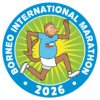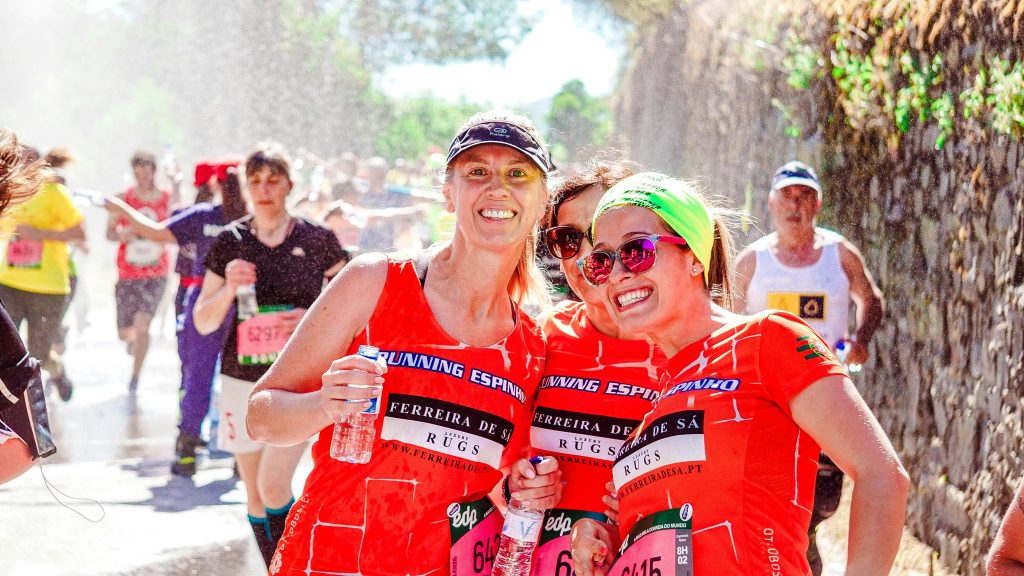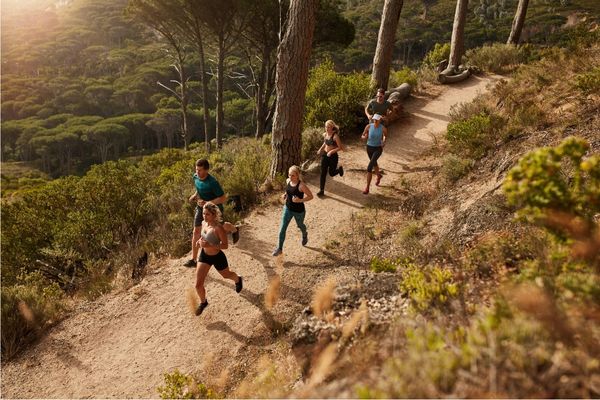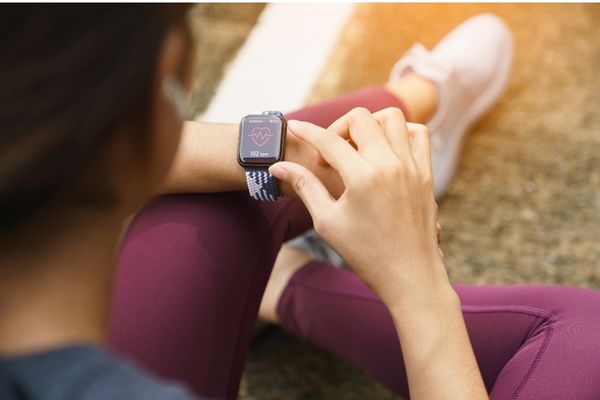BIM 2025: How to Choose the Right Running Shoes?
Preparing for the BIM 2025 (Borneo International Marathon) 2025 isn’t just about logging miles and it starts from the ground up, quite literally. Your choice of running shoes can significantly impact your performance, comfort, and injury prevention. With the humid and often challenging terrain of Borneo in mind, finding the right footwear is essential. This guide is crafted to help you choose the perfect pair for long-distance running at the BIM 2025.
Why the Right Running Shoes Matter?
Running a marathon places repetitive stress on your feet, legs, and joints. Wearing inappropriate shoes can lead to discomfort, injuries, and poor performance. The right shoes provide adequate cushioning, arch support, and grip for different surfaces, particularly important for Borneo’s tropical environment.
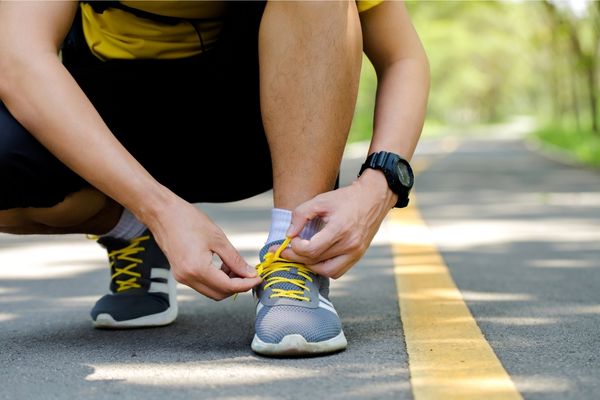
Know Your Foot Type
Understanding your foot structure is the first step:
- Neutral Arch: Standard arch, suited for most neutral running shoes.
- Flat Foot (Overpronation): Foot rolls inward. Requires stability or motion control shoes.
- High Arch (Underpronation): Foot rolls outward. Needs cushioned shoes for shock absorption.
To determine your type, try the “wet foot test” or visit a specialist running store for gait analysis.
Terrain Considerations for BIM 2025
Borneo’s course may include road, gravel, and possibly humid or slick sections due to weather conditions. Choose shoes with good traction and water-resistant materials.
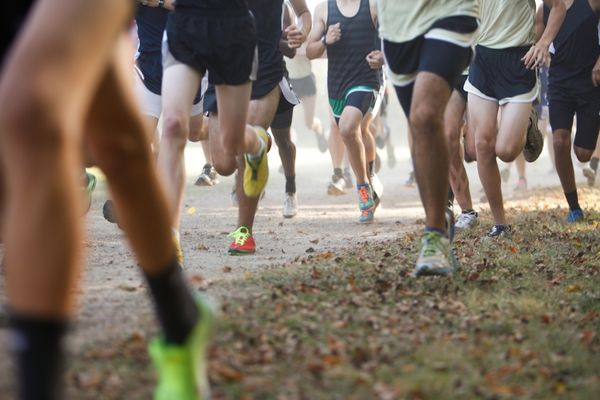
Cushioning and Support
Long-distance running requires shoes that provide sufficient cushioning to absorb impact over many kilometers. Look for:
- EVA midsoles: Lightweight and shock-absorbing.
- Heel-to-toe drop: Between 8-12mm for most marathoners.
- Arch support: Depending on your pronation type.
Brands like Asics, Brooks, Hoka, and Nike offer specialized long-distance models with excellent support.
Fit and Comfort
A poorly fitting shoe can cause blisters, black toenails, and discomfort. Here’s how to ensure the best fit:
- Leave a thumb’s width at the toe.
- Ensure snug (not tight) fit around the midfoot.
- Try shoes on in the afternoon when your feet are naturally swollen.
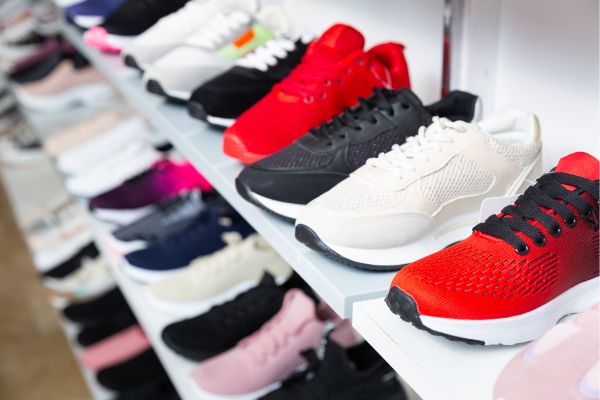
Test Before Race Day
Never wear new shoes on race day. Break them in with at least 80–100 km of running before the marathon to avoid surprises.
Also, try running in the weather and terrain conditions you expect on race day to evaluate grip and ventilation.
Lightweight vs. Stability
- Lightweight Trainers: Great for experienced runners with neutral gait.
- Stability Shoes: Ideal for beginners or runners needing extra support.
Choosing between them depends on your running experience, speed goals, and foot mechanics.
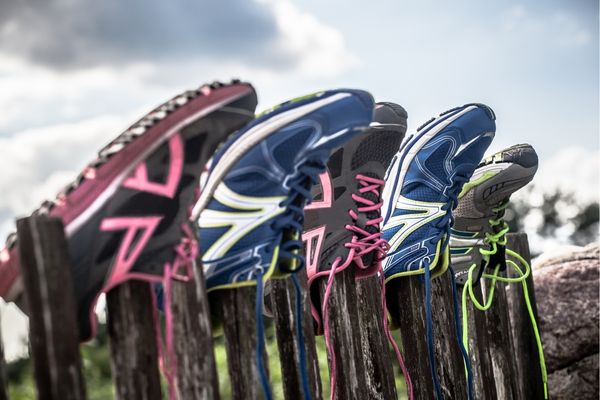
Top Picks for Marathon Runners (2025)
Here are some popular choices:
- Nike ZoomX Vaporfly NEXT% 2 – Light and fast, great for seasoned runners.
- Brooks Glycerin 20 – Plush cushioning and smooth transitions.
- Asics Gel-Kayano 30 – Excellent for overpronators.
- Hoka One One Clifton 9 – Lightweight and cushioned.
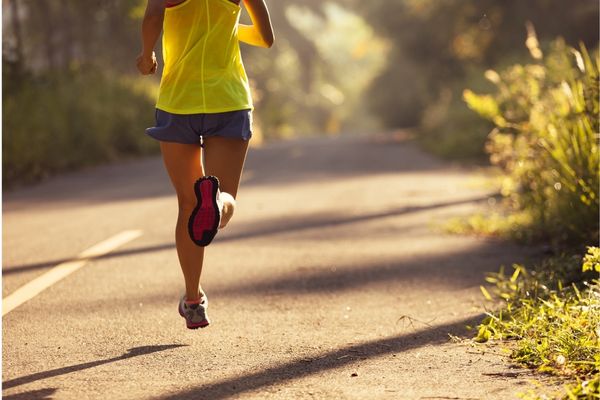
Conclusion
Choosing the right running shoes is more than picking a trendy design, it’s about aligning fit, function, and purpose. For the BIM 2025, prioritize comfort, support, and compatibility with Borneo’s environment. Your feet will thank you at the finish line.
